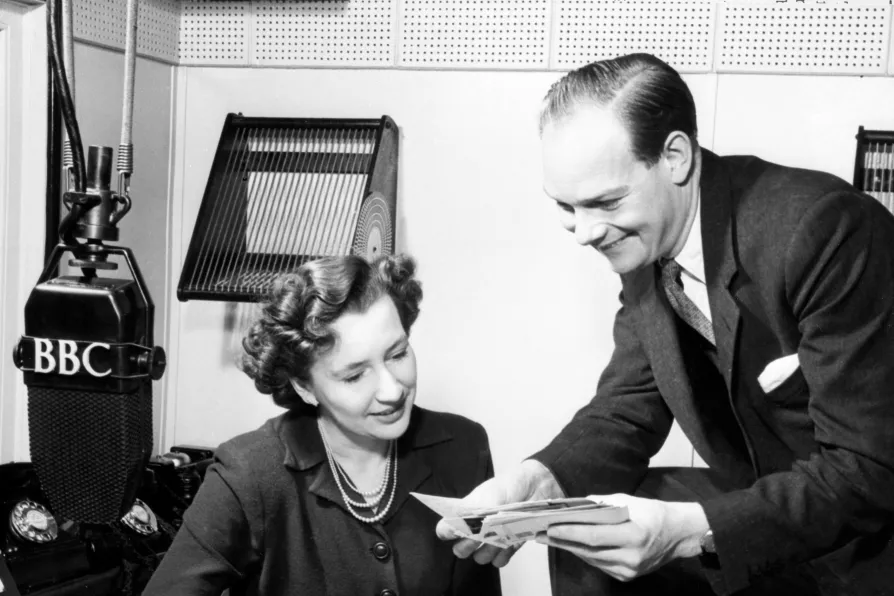As the RMT Health and Safety Conference takes place, the union is calling for urgent action on crisis of work-related stress, understaffing and the growing threat of workplace assaults. RMT leader EDDIE DEMPSEY explains

 A 1949 file picture of Jean Metcalfe and Cliff Michelmore when they first presented the BBC radio show Family Favourites.
A 1949 file picture of Jean Metcalfe and Cliff Michelmore when they first presented the BBC radio show Family Favourites.
HOW biased is BBC news and how does this bias work? Last Saturday, Radio 4’s flagship news programme, Today, reported on how it was “time to update a 1950s survey of England’s dialects.” Leeds University is renewing groundbreaking research on regional ways of speaking.
Presenter Nick Robinson gave a a preview of the piece on the dialect survey, then announced: “The BBC news is read, without a dialect, this morning by Jane Steel.”
It was all very jolly. But Robinson showed that although a 1950s survey was being updated, his own 1950s values were not.

From sexual innuendo about Blackpool Rock to Bob Dylan’s ‘God-almighty world,’ the corporation’s classist moral custodianship of pop music has created a roll call of censored artists anyone would feel honoured to join, writes NICK MATTHEWS

The fallout from the Kneecap and Bob Vylan performances at Glastonbury raises questions about the suitability of senior BBC management for their roles, says STEPHEN ARNELL













